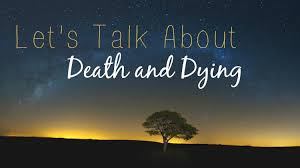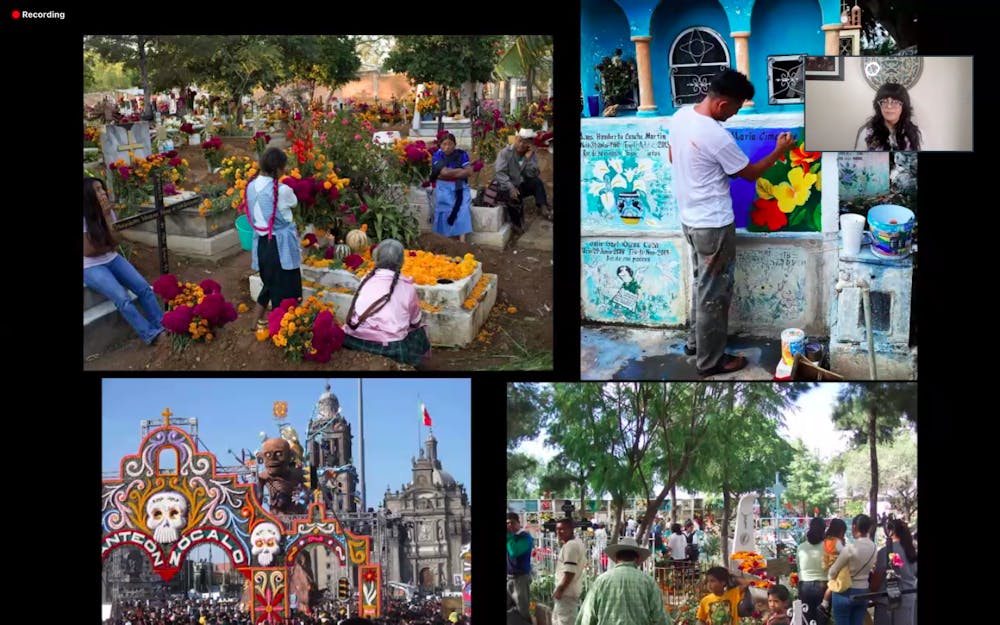In our exploration of the taboo surrounding death and dying, we’ve uncovered the layers of discomfort, fear, and avoidance deeply embedded in American society. But how do we begin to unravel this silence? How do we foster a culture where conversations about death are not only accepted but embraced? Let’s delve into some strategies that can help us overcome this taboo and pave the way for open and honest discussions about death and dying.
Education and Awareness serve as the bedrock of change in any societal shift. By providing comprehensive information about end-of-life care, advance directives, and grief support resources, we empower individuals to engage in meaningful conversations about death. Educational initiatives, spanning schools, workplaces, and community organizations, play a crucial role in normalizing discussions about death and dismantling the stigma attached to these topics. Through education, we can cultivate a deeper understanding of death as a natural and inevitable part of life, fostering a more compassionate and supportive society for those facing the end of life and grieving the loss of loved ones.
Creating Safe Spaces is essential for fostering open and honest conversations about death. Initiatives such as Death Cafes and Death Over Dinner provide opportunities for individuals to share their experiences, ask questions, and express their fears and concerns in a supportive environment. By creating safe spaces where participants can explore their feelings about death without judgment or stigma, we encourage meaningful dialogue and connection. These initiatives play a vital role in breaking down the barriers that prevent discussions about death from taking place and promoting a culture of openness and acceptance.
Normalizing End-of-Life Conversations is crucial for overcoming the taboo surrounding death and dying. Encouraging individuals to discuss their end-of-life preferences with their loved ones and healthcare providers ensures that their wishes are honored and respected. Initiatives such as National Healthcare Decisions Day aim to educate and empower people to make advance care planning decisions, normalizing conversations about end-of-life care and advance directives. By encouraging open and honest discussions about death and dying, we can help to ensure that individuals’ values and preferences are known and respected by their loved ones and healthcare providers.
Embracing Cultural Diversity is essential for fostering a more inclusive and respectful approach to end-of-life care and bereavement support. It’s important to recognize that attitudes and beliefs about death vary across different cultures and communities. By acknowledging and respecting cultural traditions and practices surrounding death, we can create a more compassionate and culturally sensitive healthcare system that meets the needs of diverse populations. Initiatives such as culturally competent end-of-life care training for healthcare providers and community outreach programs help to ensure that all individuals receive the support and care they need at the end of life.
Leading by Example is a powerful way to overcome the taboo surrounding death and dying. By openly discussing our own experiences with death and grief, we can help to normalize conversations about these topics and create a more supportive environment for others to do the same. Sharing personal stories, participating in community events, and advocating for policy changes that promote compassionate end-of-life care are all ways that individuals can lead by example and contribute to breaking the silence surrounding death and dying. By demonstrating a willingness to engage in open and honest conversations about death, we can help to create a culture of acceptance and understanding that benefits everyone.
Bringing it all together, overcoming the taboo surrounding death and dying requires a concerted effort to educate, create safe spaces, normalize conversations, embrace cultural diversity, and lead by example. By working together to break the silence and foster a culture of openness and acceptance, we can create a more compassionate and supportive society for all those facing the end of life and grieving the loss of loved ones.




